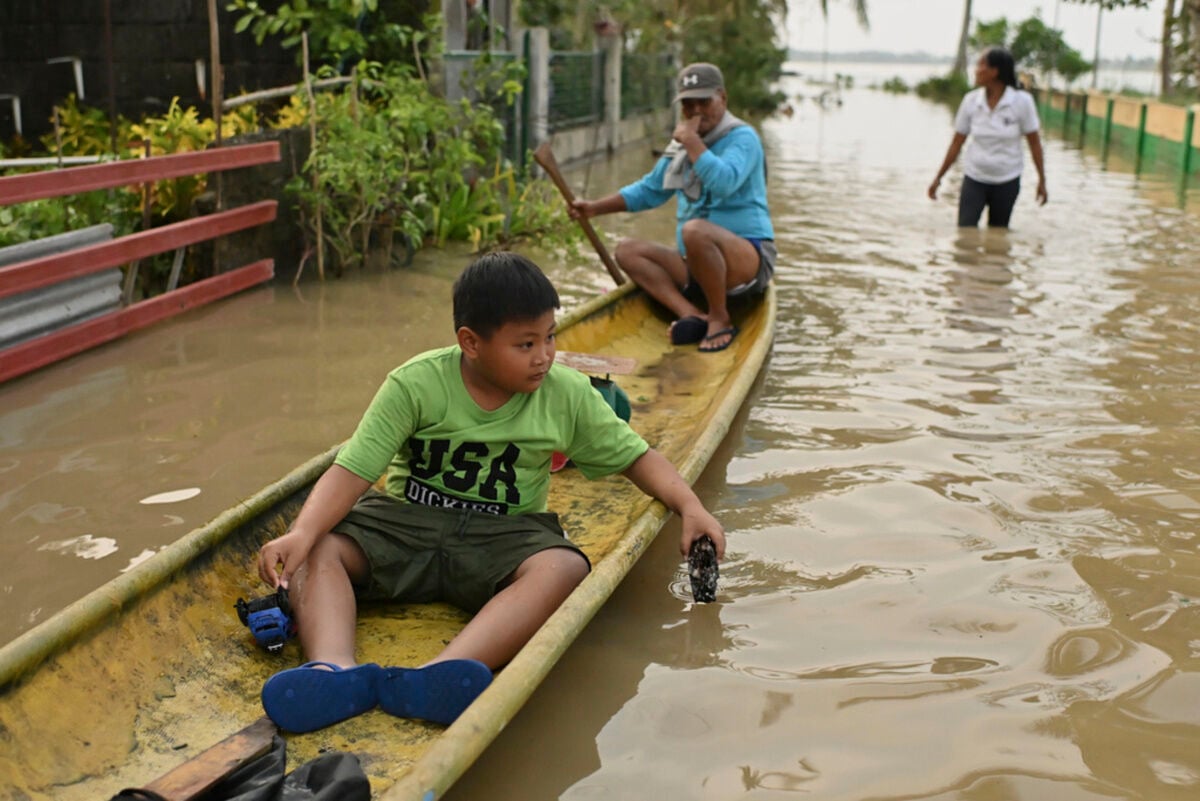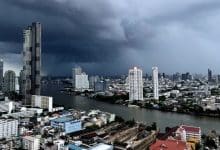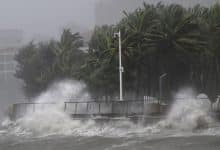Philippines blown away by another storm, farmers bear the brunt

In another blow to the Philippines’ storm-battered agricultural sector, Typhoon Toraji devastated the northern coast this morning, November 11, threatening to exacerbate millions in crop losses already sustained this year from relentless cyclones.
The storm, designated locally as Nika, struck Aurora province with winds reaching 130 kilometres per hour—equivalent to a category 1 hurricane. Weather officials warn the typhoon could drench parts of Luzon island with over 200 millimetres of rain, particularly in Aurora and Isabela provinces.
The timing couldn’t be worse for Filipino farmers as the arrival of Toraji follows close on the heels of typhoon Yinxing, which recently delivered a double blow to Luzon’s northern coast.
Initial assessments from the Department of Agriculture reveal that Yinxing alone caused 278 million pesos (162.9 million baht) in damages, predominantly to crops. This adds to the mounting toll of weather-related agricultural losses this year, which have already surpassed 11.5 billion pesos.
Last week, the National Irrigation Administration proposed revising the rice planting calendar to help shield crops from storm damage. The suggestion comes as farmers navigate the critical planting phase of the dry rice-growing season, with saturated soil raising concerns about flooding and landslides.
Meteorologists expect Toraji to traverse northern Luzon throughout Monday before entering the South China Sea by nightfall. The US Navy’s Joint Typhoon Warning Centre predicts the storm will lose strength as it encounters the Cordillera mountain ranges.
As the Philippines’ 15th tropical cyclone this year, Toraji reinforces the country’s status as one of the world’s most storm-vulnerable nations. The country typically endures 20 such systems annually, with this year’s season highlighting the increasing challenges faced by its agricultural sector, reported Bangkok Post.
In similar news, Bangkok faced a spike in PM2.5 pollution levels, with 35 areas registering unhealthy air quality, prompting swift action from City Hall. The Bangkok Metropolitan Administration (BMA) issued warnings to help residents mitigate health impacts from the pollutants.
Latest Thailand News
Follow The Thaiger on Google News:


























